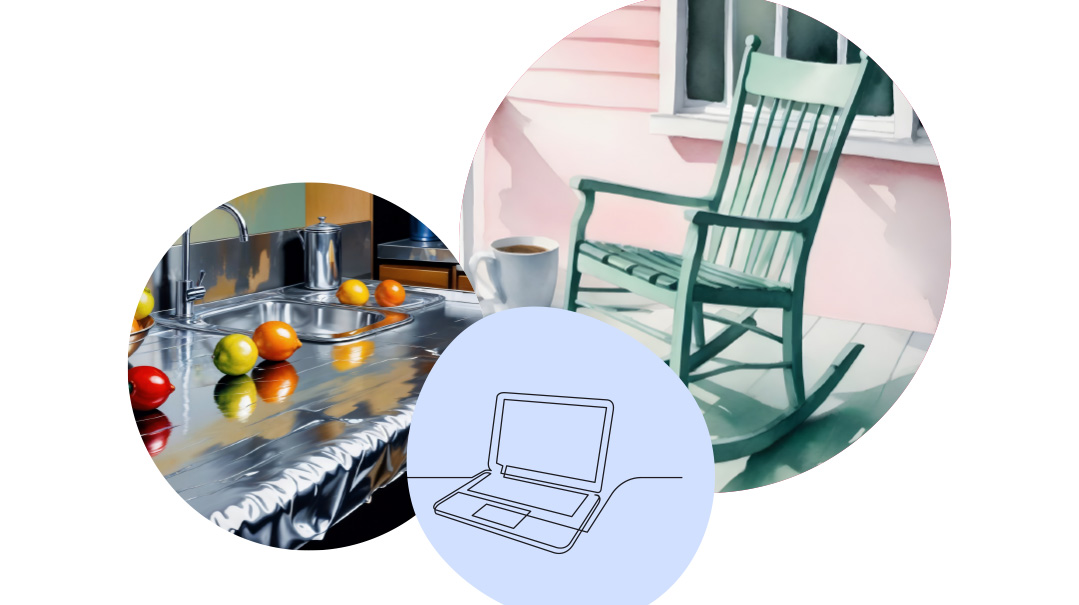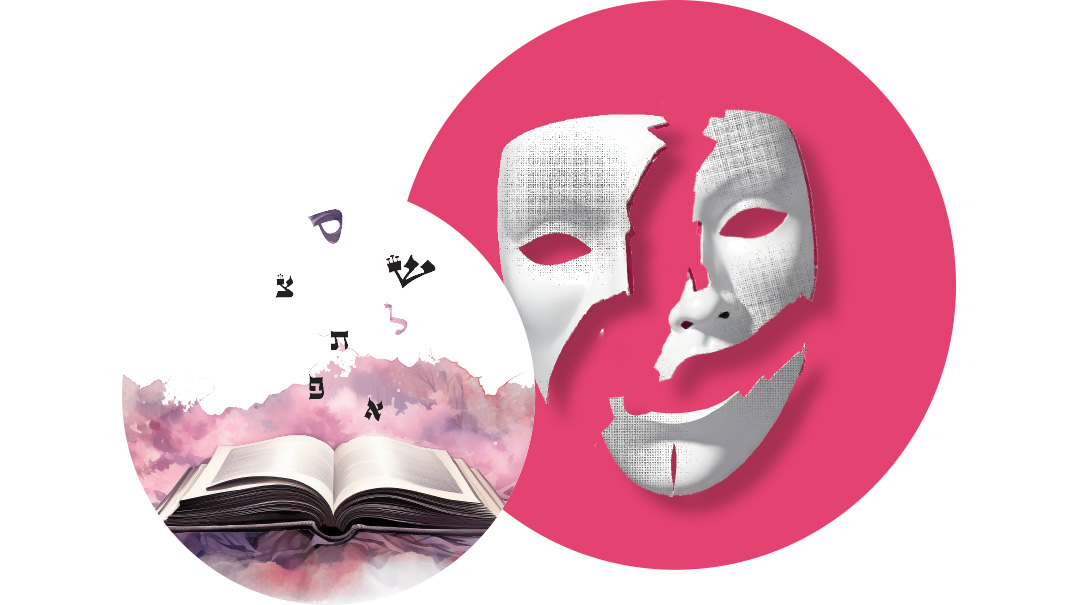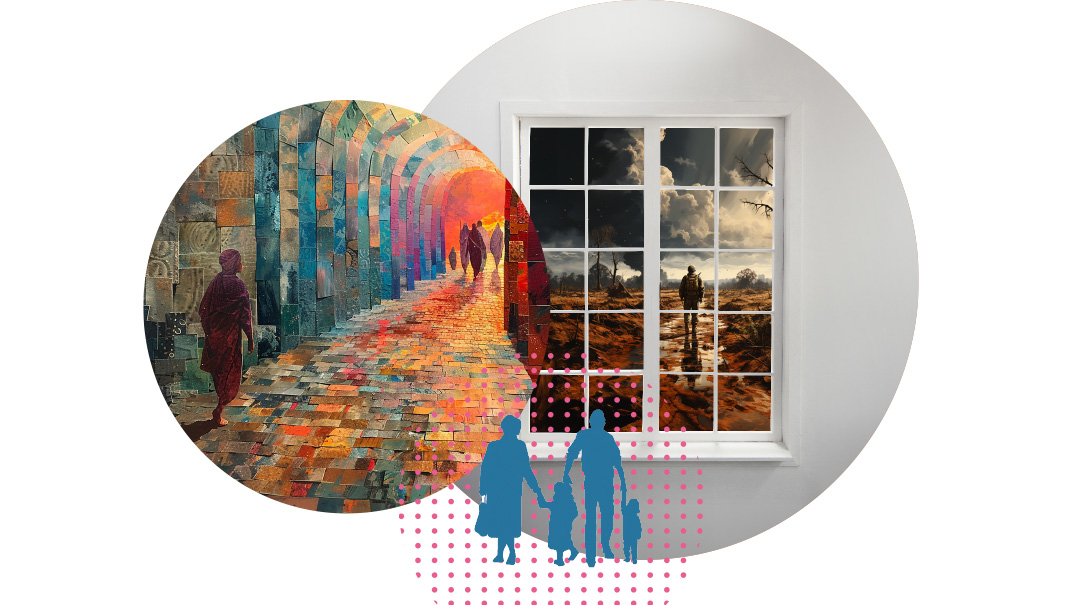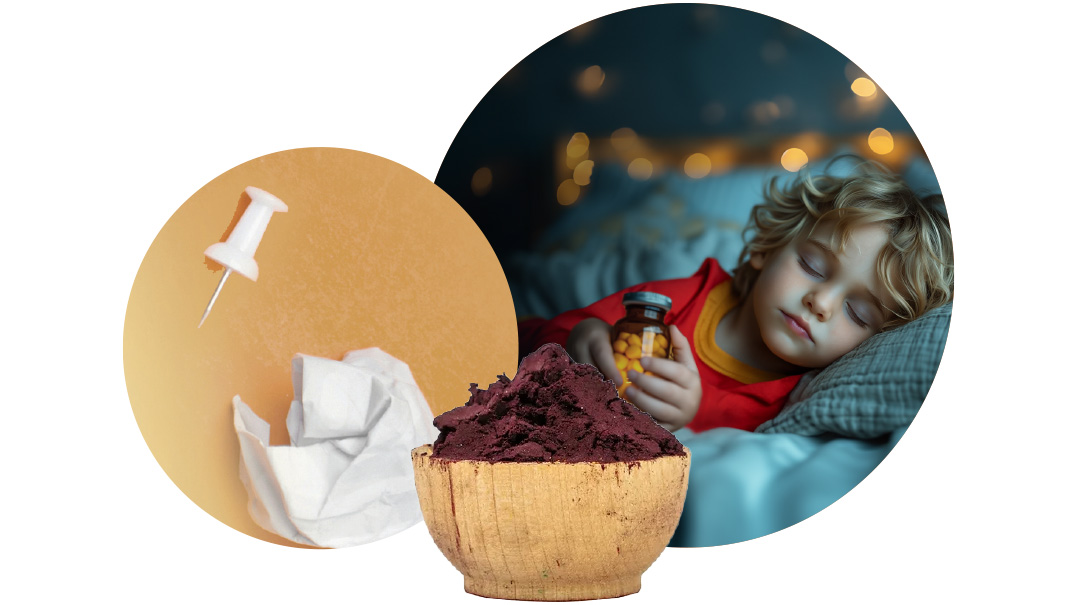Family First Inbox: Issue 798

"I’m in a great place now, despite the fact that my face isn’t"
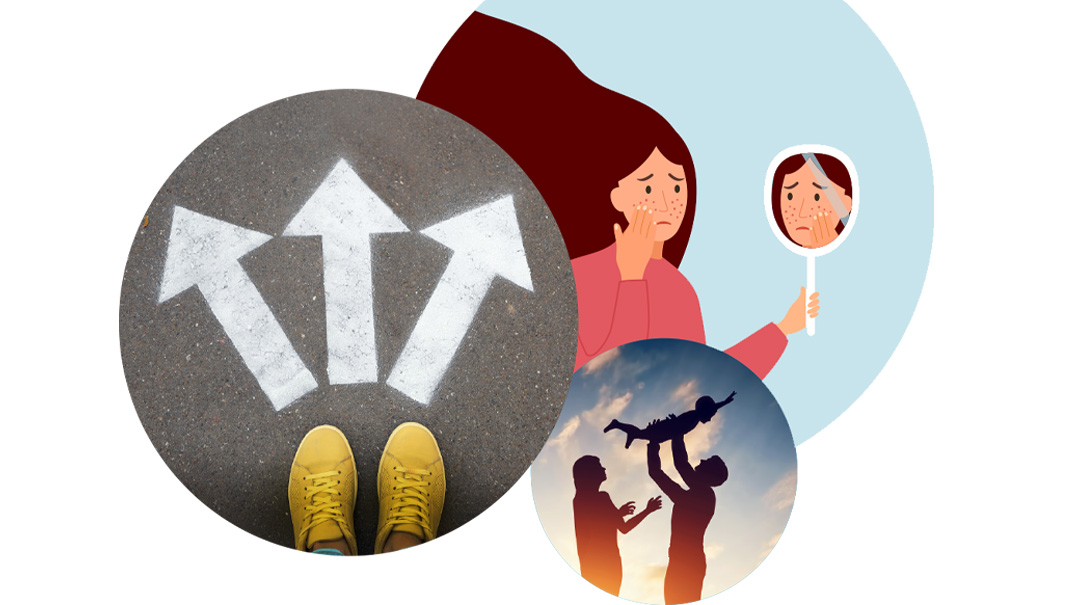
Finally Comfortable in My Skin [Making It Clear / Issue 796]
The article on adult acne was a real trigger for me, yet somewhat therapeutic. I was happy that the writer was spared the many steps in my journey pursuing the elusive answer to clear skin.
I, too, developed disfiguring cystic acne after my first baby was born 12 years ago and have been struggling ever since. While trying to avoid Accutane during my childbearing years, I’ve been to multiple dermatologists and tried everything else on the writer’s list, experiencing similar side effects and almost no results.
I experimented with many costly regimens from local cosmetologists, each convincing me that despite the cost of $150 per 1.5 ounce bottles of each of the seven creams they recommended, I needed to keep it up for just a bit longer to see results. And even though my acne kept getting worse, each tried to convince me that was just a sign that it was working (?!?). I was burned by their empty promises, but kept plugging on with my empty bank account.
I tried weekly facials for $150 each time to drain the pimples and give me relief, even traveling to the “top” person an hour and a half away, babysitting arrangements and all. But those didn’t cure the acne, and they caused terrible scarring and pitting.
I also tried some sort of laser treatment, recommended by a cosmetologist, that supposedly killed the bacteria causing the acne. After traveling an hour each way and spending $2,000 on two treatments that only aggravated things further, my husband convinced me to stop throwing my money down the drain.
Then I went to the nutritionist. Gluten free, sugar free, dairy free, and $1,000 a month in vitamins and supplements. Two years of swallowing 50 vitamins a day, with absolutely no results, only promises that the results are just around the bend if I’d only stick it out a bit longer...
Alongside, we were juggling fertility treatments, which further limited my acne medication options. I was obsessed, exhausted, and embarrassed. I spent my days running to the dermatologist for cortisone injections so I could go to work looking even half decent, and taking on extra side jobs to pay for all my costly trials. At one point, I fell into a deep depression, which landed me in therapy, trying to get a handle on the low self-esteem, anxiety, and the frustration I was suffering from my face “looking like I don’t care” — when in reality I cared so much, to the tune of tens of thousands of dollars.
When I finally did become pregnant, the hormones did wonders for my face — I wished I could stay pregnant forever. Nursing helped, too. During that time, I worked on scar treatments. I was recommended micro-needling with radio frequency and laser for a whopping cost of $7,500, a week of downtime for each treatment, and hours of travel time. I did part of the treatment, then stopped, because I knew the acne would return as soon as my baby stopped nursing — and that’s exactly what happened.
I know that I won’t have relief unless I go the Accutane route — and the dermatologists warn me that even that isn’t a guarantee for my hormonal acne. I’ve thought about starting a support group, and I’ve given a lot of people advice.
For some of us, there’s really no simple answer to our skin issues, cosmetically or emotionally. We need to focus on acceptance, and realize that we have intrinsic worth beyond our awful complexions. I’ve worked on building true self esteem, and having gratitude and emunah. I’m in a great place now, despite the fact that my face isn’t.
Penniless from Pimples
Please Don’t Mock [Coached to Clarity / Issue 796]
I am writing in response to your article “Coached to Clarity.” I was surprised by the decision to publish it. Mishpacha is known to be a publication of high caliber material and integrity. That article made a mockery of something that has helped many people.
While there is some room for improvement in the certification process and barrier to entry in the field, coaching is a valid method for helping people identify and achieve their goals, and improve their lives. By making a mockery of it, the article disparages people who have worked hard to become coaches and who as coaches have helped many people. And more detrimental is that it discourages people from seeking the help of a coach.
In our community, coaching has helped people date better, parent better, be better spouses, and cope with difficult situations, such as divorce and illness. Coaching is valued and esteemed in the corporate world. Warren Buffet, Bill Gates, and Eric Schmidt (to name a few) all have coaches and are vociferous in their support of coaching. But apparently the writer knows better.
While it may have been intended in jest, it would be prudent to indicate that, as many people contacted me after reading it, and were very upset and questioning the validity of coaching and the coaching profession.
Ana-Lisa Gertner
NYU Certified Coach
NYS Certified Family Mediator
Let’s Cut Ourselves Some Slack [Coached to Clarity / Issue 796]
Leba Friedman’s piece about the conflicting advice she’s received is much more than a lighter look at the proliferation of life coaches and the vast variety of areas of expertise available to the general population. Leba’s voice in this piece is also ours; the many of us who want to do everything just right! The well-meaning experts in our lives tell us as though it’s the most obvious thing ever that we need to follow their directions precisely in order to live properly as wives, mothers, neshei chayil, etc.
For the people-pleasers among us, “Coached to Clarity” hits a nerve — in a good way — to remind us of the unlikelihood that any of us will succeed in carrying out every expert’s expert advice.
Kol hakavod to Family First for publishing this wonderful reminder to try our best and also cut ourselves some slack.
Heather Dean
Jerusalem
No Frum Relatives [On the Shoulders of Giants / Issue 795]
The timing of the article about children of baalei teshuvah came at just the right time — my non-frum relatives had just come to visit. I enjoyed the article, but I felt it only scratched the surface. Yes, I feel proud, but there are definitely challenges.
It’s really hard when your non-frum uncle takes his laptop out to do work on Yom Tov, after you explicitly asked him not to in the nicest way possible. And he’s not taking it out because he’s trying to be disrespectful, it’s that he simply doesn’t get it. My grandfather kept asking for his phone on Shabbos, because he doesn’t understand.
And this was just a few days out of the years and years my siblings and I spent growing up with non-frum relatives on both sides of the family, feeling uncomfortable, unsure, and sad. Sad that they don’t know, sad that they care a little bit, but not enough, to fight the lures of the secular world and join us in the beautiful lifestyle my parents embraced. Sad that they intermarried, sad that we don’t have frum cousins and zeidies and bubbies, and yes, frustrated that they just don’t get it, no matter how hard we gently, lovingly, and patiently explain our choices and answer their questions and make Shabbos and Chanukah and Succos as fun and as happy as possible. It’s hard.
And growing up, I did feel different. Everyone talked about their family simchahs and Sedorim and cousins, and I had nothing to add because I didn’t want to say that I had non-Jewish cousins and intermarried aunts and uncles out in Yehupetz. We had nowhere to go for Shabbos and Yom Tov, and if we did decide to visit, we had to take all the food and maneuver through treif kitchens to eat it. And yes, people still hesitate when it comes to my shidduchim. Someone wanted to know the exact number of years my mother was shomer Shabbos. Down to the number of months.
None of this in any way detracts from the intense feelings of pride I have in my parents for doing what they did and creating an amazing frum home for my siblings and me. I can’t imagine how much strength it took, and still takes, to do what they do, even all these years later. And with maturity and growing up comes understanding that even with frum relatives and FFB parents, my life would not have been perfect. So I know that, but I also know there’s a lot more emotional turmoil when the family you love is completely clueless. For now, we daven and hope that maybe someone will follow in my parents’ path, and for now, that’s all we can do.
A Proud Daughter
Making Frumkeit Beautiful — Not Suffocating [On the Shoulders of Giants / Issue 795]
I was very eager to read the article about the children of baalei teshuvah, and I wasn’t disappointed. Unfortunately, there is another side to this story that wasn’t mentioned.
Many years ago, I heard a speech that stayed with me. The speaker discussed the tendency of some BT parents to overdo frumkeit, which can make it a suffocating instead of beautiful experience for their children — for example, totally forbidding any secular kiddie books, even some of the classic ones that are 100 percent kosher. Everything the child sees and hears has to be Jewish. The parents absolutely avoid contact with secular relatives at all costs, which can be a very distorted view of kibbud av v’eim. And secular music, such as some of the lovely children’s artists, is also banned.
Just the other night I saw a rebbetzin I met when I was single. She was raised out of town, and told me how her parents never would get angry at their children if they, for example, went for their crayons on Shabbos. Instead, in a very gentle way, they would calmly explain that the particular toy is not something we use on Shabbos. The quiet, loving way they talk to the child can make all the difference in the world. Contrast it with the parent who reacts in a panic, screaming at the child.
It would be quite interesting to continue this subject, as there are so many challenges for parents who don’t have a frame of reference on how to raise normal, well-adjusted children who love mitzvos as opposed to dreading them.
Charnie Feldman
Queens, NY
Sharing Our Stories [To Be Honest / Issue 795]
I was enthralled by the piece, “All Our Children,” about how our schools need to do better when it comes to neurodivergent children.
My eight-year-old son was diagnosed with ASD and ADHD, but you wouldn’t know it if you met him (at least not initially). When he was diagnosed, we made the decision to tell him about his own diagnosis. We felt that this would help him understand himself better, and understand why he struggled with things that other people found easy. Though some people advised us not to “make it a bigger deal than it is,” we felt strongly that the impact of him not understanding himself posed a greater risk. Our son is a bibliophile, and so we looked for books to explain the diagnosis from a strength perspective. One book I ordered (and then returned) was a book about famous people in secular culture who had achieved great things despite or because of their diagnosis.
Wouldn’t it be incredible if there were a Jewish equivalent? A book with profiles of rabbanim, heads of tzedakos, teachers, or just frum people who lived full lives with a diagnosis? I would love to compile a book like this, but it would require people to come forward and be open. I think this would go a long way to removing a stigma and be a fantastic boost for my fabulous son who has hidden disabilities but is in a mainstream frum school. He should be able to walk around with his head held high and own his diagnosis — which makes him unique and gives him skills that can help the klal.
If you’re willing to share your story, I can be contacted through Mishpacha.
A Mother Looking for Role Models
(Originally featured in Family First, Issue 798)
Oops! We could not locate your form.

